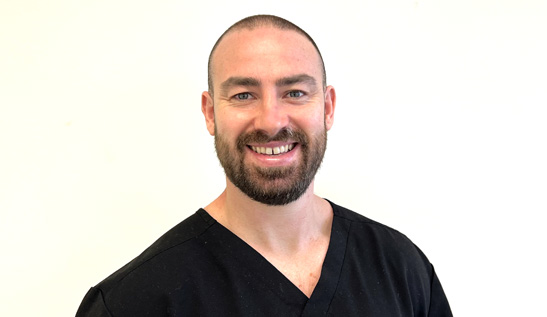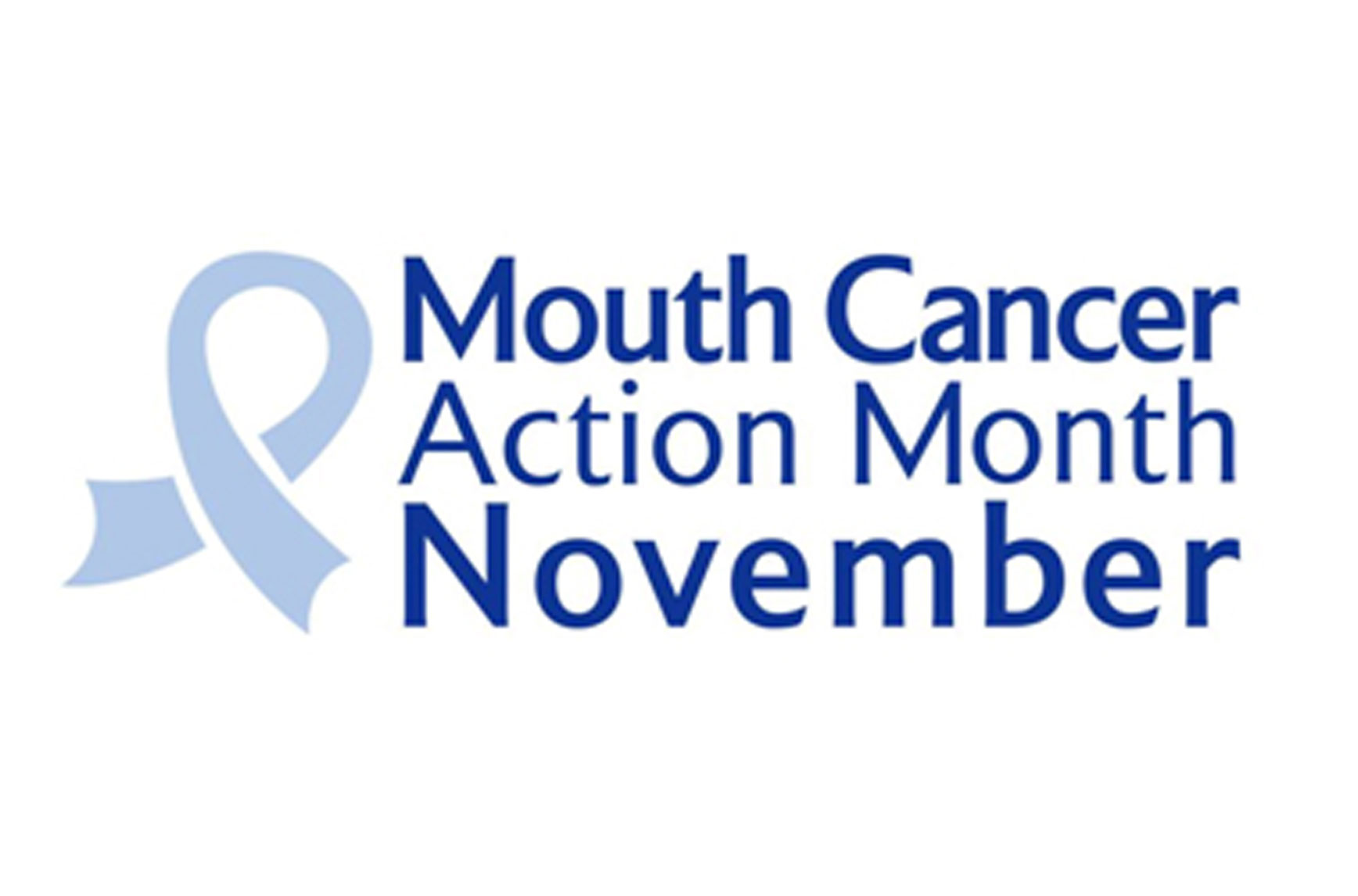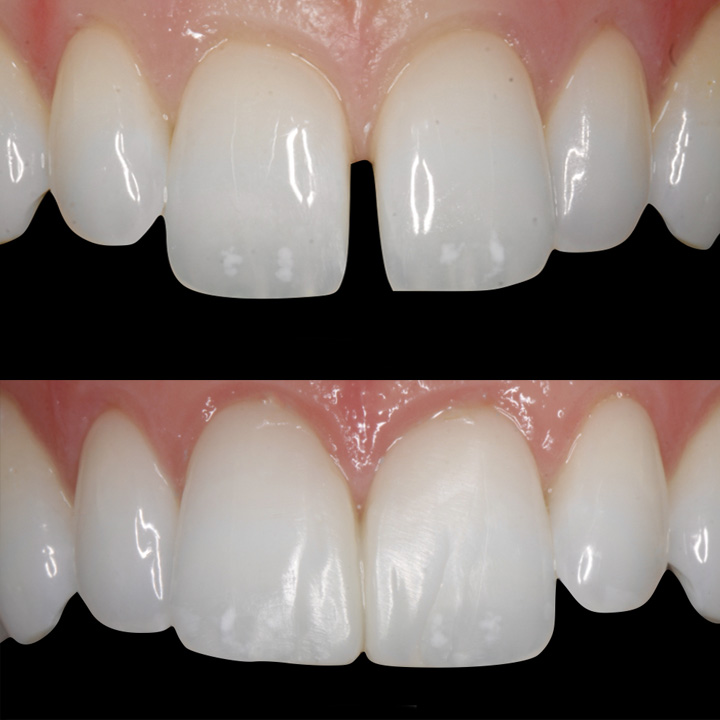
Parents And Kids Face Braces Together
More and more parents and their children are undergoing orthodontic treatment together.
That’s according to the British Lingual Orthodontic Society (BLOS) who say there are more instances of families embarking on treatment together and sharing advice on their braces, hygiene and diet, as well as going to the practice together for shared appointments.
Historically, orthodontists have often reported seeing members of the same family.
Specialists who stayed in one neighbourhood for 30 years or more were likely to treat the teenage children and even grandchildren of their first patients.
What’s different today is that treatment is accessible for all ages.
Angela Auluck is a member of the BLOS committee and is currently treating a mother, father and daughter from the same family.
She said: ‘The mother brought the daughter for an appointment and decided she would opt for lingual braces while her daughter had conventional braces. Then, when the father realised he could have treatment without anyone knowing, he decided to have lingual braces, too!’
Research carried out over the last few years also shows that lingual braces are significantly more reliable than other straightening systems in two significant ways.
Buccal surfaces are considered to be more caries prone than lingual surfaces. Furthermore, lingual brackets are shaped to fit the morphology of the teeth and seal almost the entire surface.
In the light of these factors, it’s not surprising that one study completed in 2012 (1) on groups of young people shows that lingual treatment is less damaging to the health of the teeth
The researchers analysed for white spot lesions (WSL) and the number of WSL that developed or progressed on buccal surfaces was 4.8 times higher than the number of WSL that developed or progressed on lingual surfaces. In short, decalcification was nearly 5 times more likely and over 10 times worse with a labial appliance than a lingual one.
The other significant difference is in what is achievable with lingual appliances compared to clear aligner systems. Research published last year (2) showed the difference between what was planned and what was achieved with lingual appliances was minimal.
Meanwhile, a separate study looked at how well Invisalign worked. A prospective clinical study evaluating the efficacy of tooth movement showed that the average movement achievement was 42% of planned movement.
Baz Parmar, chairman of BLOS, said: ‘Many of our members are seeing the same trend of parents and children going into treatment together. It’s the lingual braces which make the difference as they can be kept secret and can be worn by people of all ages.’
He added that lingual treatment has been shown to be better for the health of the teeth as well as able to deliver more precise results. All the lingual systems involve customised brackets which are smaller and less intrusive, making them easier to adapt to.
(1) Caries outcomes after orthodontic treatment with fixed appliances: Do lingual brackets make a difference?
van der Veen MH, Attin R, Schwestka-Polly R, Wiechmann D. Eur J Oral Sci 2010; 118: 298–303
(2) Accuracy in tooth positioning with a fully customised lingual orthodontic appliance
Grauer D, Proffit WR. Am J Orthod Dentofacial Orthop. 2011 Sep;140(3):433-43.
(3) How well does Invisalign work? A prospective clinical study evaluating the efficacy of tooth movement with Invisalign.
Kravitz ND, Kusnoto B, BeGole E, Obrez A, Agran B. Am J Orthod Dentofacial Orthop. 2009 Jan;
135(1):27-35
Source: dentistry.co.uk.
If you would like to see a new dentist or dental hygienist, you can register with us online here.








